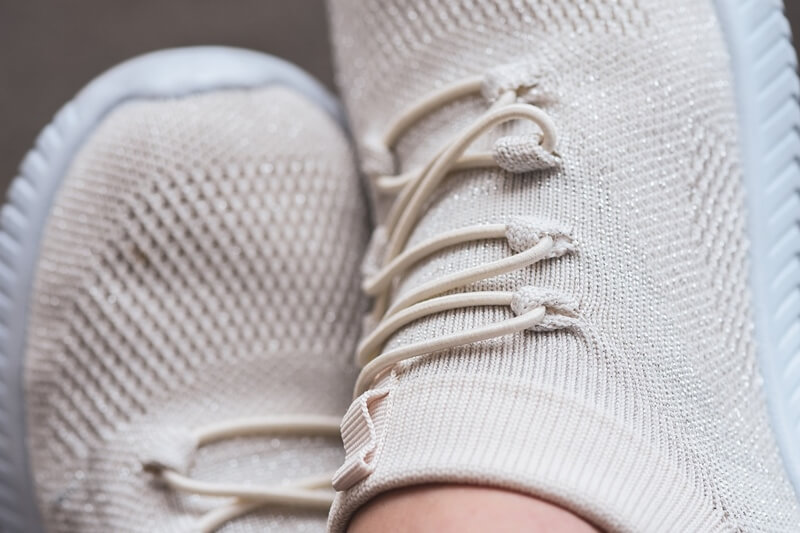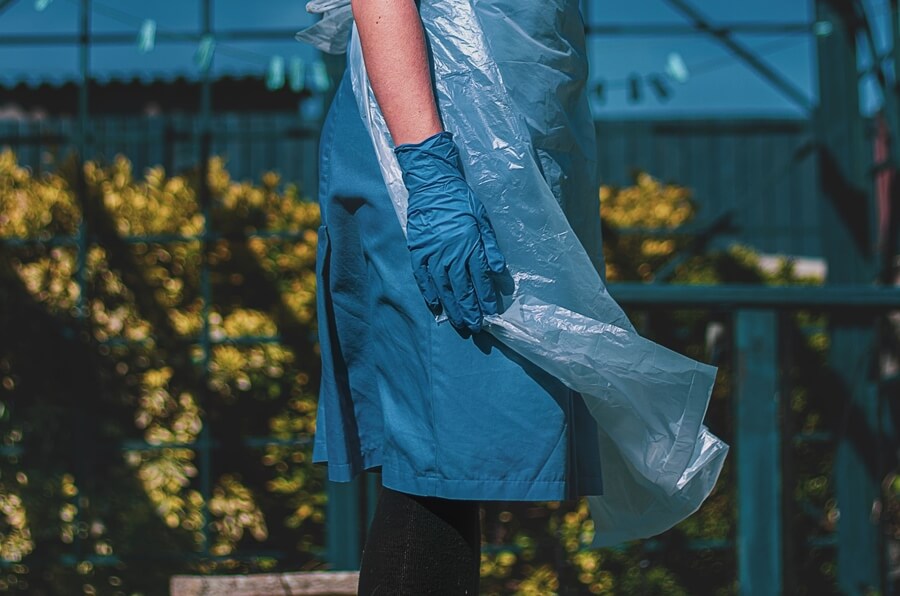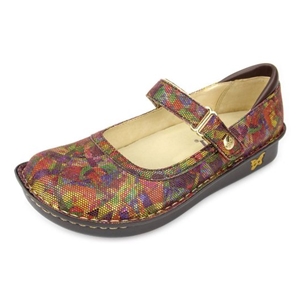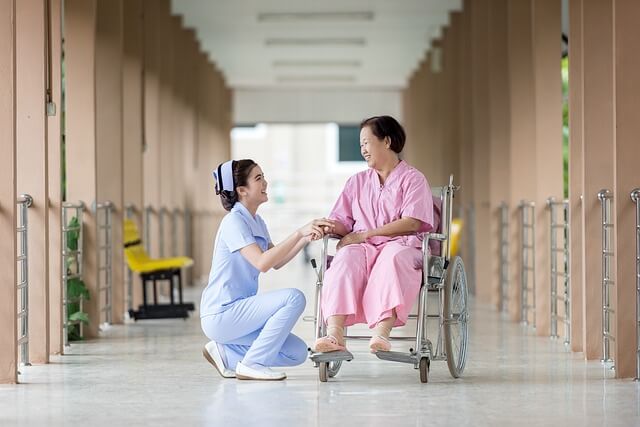If you’re a nurse who’s on your feet for long shifts every day, you need the best shoes to keep your feet comfortable and healthy. These shoes need to protect your feet from micro-organisms and sharp objects, as well as provide proper support from future injuries. You also want your shoes to look stylish and be simple to clean.
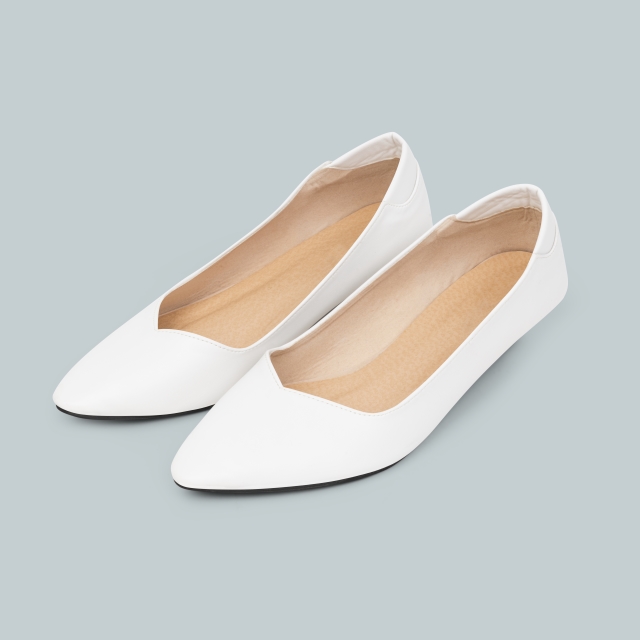
You may be wondering if you can wear shoes with pointed toes during your daily workday. Here is some help on how to decide if shoes with pointed toes are bad for you.
What Are Pointy-Toed Shoes?
Pointed-toe shoes were quite popular back in the 50s to 60s. These shoes were meant to be worn for special occasions. The front of the shoe featured a pointed toe that would stick out. These shoes may have looked good, but they were only worn for a short length of time. Today, pointed-toe shoes may be available as slippers, sandals, runners, and dress shoes.
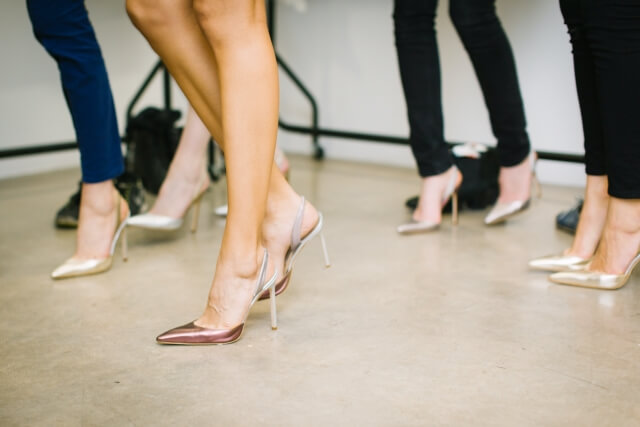
The Main Concern for Pointed Toes
One of the main concerns for a person who wears pointed-toe shoes is that their toes will be squished together in a narrow space. If these shoes are worn for a long time, it can lead to neuroma. This is an inflammatory condition that results when the toes are squeezed together in a tight space. Nerves located between the toes become inflamed.
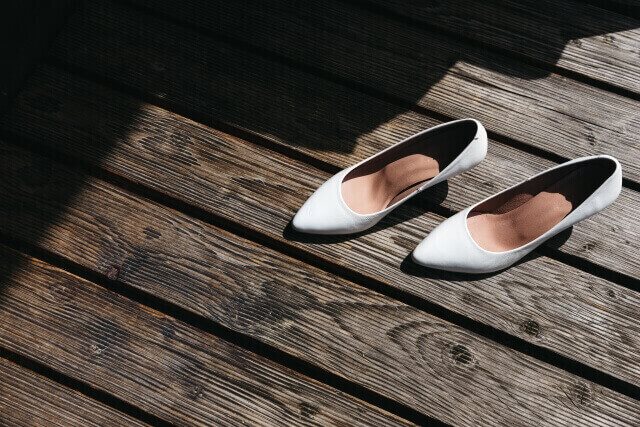
This results in swelling, burning, tingling, and even severe pain. It can resolve on its own, but if the pointed-toe shoes have been worn every day for several months, surgery may be required to straighten and fix the toes.
What Other Medical Conditions Can Occur?
Tight pointed shoes can also lead to hammer toes and metatarsalgia.
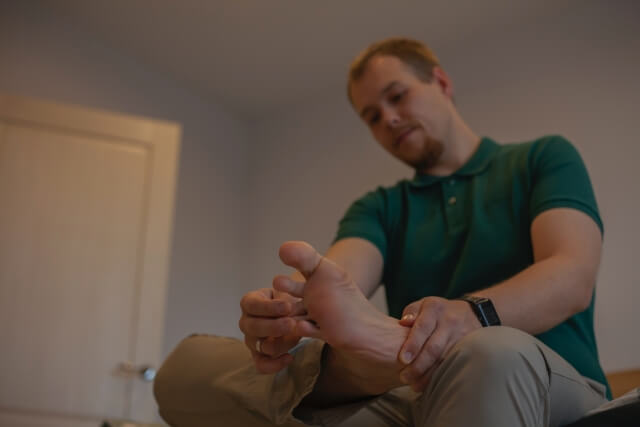
Hammer toes are when one of the middle toes is bent abnormally at the middle joint so it resembles a hammer. While it can be corrected with splints and physical therapy manipulation, surgery might be a final resort.
Metatarsalgia is when the ball of the foot is inflamed. This is one of the more common sources of pain in foot issues, as that is the region that supports the weight of the foot.
What Toes Can Pointed Shoes Affect?
Some of the toes in the feet are most susceptible to long-term injuries. The most common toes to be affected are the third and the fourth ones, as those are the toes that will be more tightly squished together in the shoes. But any of the toes can also be affected, as well as the ball of the foot.
Can I Wear the Shoes & Seek Treatment?
Being a nurse, you rely on your feet to get you around the hospital. The last thing you need to worry about is sore feet. And the worst scenario leads to inflammation and pinched nerves in your feet that require expensive treatment with injections, physical therapy, or even surgery.
It’s best to avoid wearing these types of shoes, even during special social occasions.

Best Solution to Pointed Toe Shoes
You can find shoes that are both supportive of your long nursing shifts and ones that also look good. You also need shoes that are easy to clean and disinfect, particularly if there have been spills on the hospital floor.
Your shoes must be strong enough to withstand any objects being dropped against them, or from when you’re tired and may accidentally bump into that chair or table. Instead of wearing pointed-toe shoes, you should wear ones that are square or rounded at the front.
When you try on a new pair of shoes, gently press down on the front. There should be at least one-quarter of an inch of free space so you can move your toes around. You don’t want more than three-quarters of an inch, as your foot could move around too much in the shoes and also cause issues.

The general consensus is yes, shoes with pointed toes are bad for your feet. Not only can you develop a painful long-term nerve condition, but you may also need expensive treatments or surgery for this problem.
The best solution is to avoid these types of shoes and opt instead for comfortable protective footwear for your nursing job or any other job where you need to stay in your feet all day long.
Frequently Asked Questions
Can wearing shoes with pointed toes cause long-term foot deformities?
Yes, wearing shoes with pointed toes can potentially cause long-term foot deformities. The narrow and cramped design of such shoes can exert constant pressure on the toes, leading to the development of conditions like bunions and hammertoes. Bunions occur when the big toe deviates from its natural alignment, causing a bony bump to form at the base of the toe. Similarly, hammertoes involve the bending or curling of the toes due to the constrained space within the shoe. These deformities can be painful, affect foot function, and may require medical intervention to correct. It is advisable to choose footwear that allows for proper toe alignment and sufficient toe box space to avoid such long-term foot problems.
What are the consequences of wearing ill-fitting shoes?
Wearing ill-fitting shoes can have various negative consequences on your foot health. When shoes do not fit properly, they can cause a host of problems, such as blisters, calluses, and foot pain. Additionally, tight shoes can lead to the development of conditions like ingrown toenails and corns, while shoes that are too loose can contribute to instability and foot strain. It is essential to wear shoes that fit well, providing proper support, cushioning, and allowing for natural movement of the feet.
How can wearing proper footwear benefit foot health?
Wearing proper footwear is vital for maintaining good foot health. When you choose shoes that fit correctly and provide adequate support, you minimize the risk of foot problems and discomfort. Well-fitting shoes help distribute your body weight evenly, reducing pressure points and preventing the development of conditions like bunions, corns, and plantar fasciitis. Furthermore, proper footwear can enhance balance, stability, and overall posture, reducing the likelihood of foot, knee, and back pain. It is important to prioritize foot comfort and choose shoes that are suitable for your specific foot shape and needs.
Are there any recommended shoe features for promoting foot health?
Absolutely! When selecting shoes to promote foot health, there are several features to consider. Look for shoes with a roomy toe box that allows your toes to move freely. Ample cushioning and arch support are also essential for shock absorption and maintaining proper foot alignment. Opt for shoes made of breathable materials that help prevent excessive sweating and keep your feet dry. Additionally, shoes with a firm heel counter and a supportive sole provide stability and reduce the risk of injuries. Remember, investing in quality footwear that prioritizes comfort and support is an investment in your foot health.
Remember, your feet deserve proper care and attention. By choosing shoes that prioritize comfort, fit, and foot health, you can prevent many foot problems and enjoy improved overall well-being.
You may also like
Why are work shoes for nurses so important?
In the fast-paced and demanding world of nursing, work shoes play a vital role in…
What Are The Pros And Cons Of Being A Nurse?
Becoming a nurse can be an extremely rewarding career choice that allows you to have…
Alegria Women’s Belle Mary Jane Flat Review
The Alegria Women’s Belle Mary Jane Flat shoe is the perfect nurse shoe which features…
What is the hardest course in nursing school?
A question that often looms large for nursing students and those considering this challenging yet…
The Diversity and Inclusion Imperative in Nursing: Building a More Representative Workforce
Importance of Diversity and Inclusion in Nursing Diversity and inclusion are not merely concepts; they…
The Power of Compassion: How Empathetic Nursing Can Improve Patient Outcomes
Empathy is the heartbeat of compassionate nursing. The Vital Role of Empathy in Nursing Empathy…
